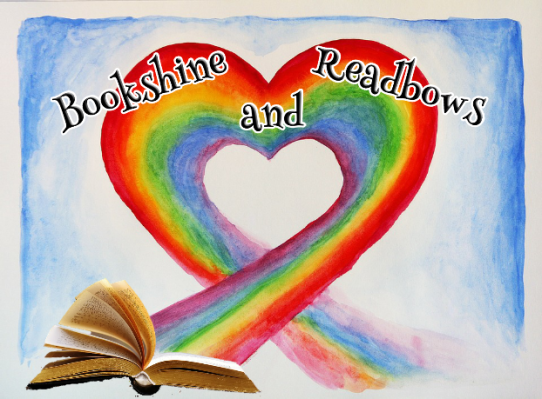 Blurb: A prince in hiding. An empire in turmoil. A gathering storm.
Blurb: A prince in hiding. An empire in turmoil. A gathering storm.
Kyren e’Cania is the last son of a fallen House, raised in secret in the shadows of the city his family once ruled.
Trained by his father in the ways of his people, Kyren has avoided the notice of the tyrant who murdered his family by never giving anyone reason to suspect he is anything more than a nameless peasant.
But when an ambitious noble sets dangerous events in motion, Kyren must find a way to reclaim his heritage and unite his people, before everything he loves is swallowed by fire and sword once again.
In this novel, Justin Fike has crafted an intricate and complex world, rooted in Far-Eastern feudal history, customs and culture, but with his own take on societal hierarchy and with a unique magic system in which the calligraphic symbolism of Chinese/Japanese/Korean written language is powered and by a person’s inner energy to create a tangible result such as healing or warding.
There is quite a lot of political and historical background information required in order to set the stage for the story’s main action, so the pace of the first half of the book is slow, measured and detailed. The second half more than makes up for that with enough excitement to hinder you from remembering to breathe on occasions!
As to be expected from the cultural context, the action tends towards martial arts, duelling with blades, and use of disguises and magical scripts. I particularly enjoyed Kyren’s transformation to and from Kiri, with the attention to every detail and iron discipline which are prized in his society poured into a subterfuge which turns him into something despised. The various relationships he forges and breaks along the way are engaging and help to strengthen and grow the reader’s understanding of the main character, and increase empathy with his journey.
I am fascinated by the theme of division running through the novel; from the two halves of Kyren’s heritage, Velynn and Dayna; the castes of society and their respective lots in life (literally divided into housing tiers); Ara / night vs Velyrr / day; controlled T’san symbolic magic or wild Kai elemental magic. There is a lot of black and white thinking, but the main protagonist represents more of a grey area; the boundary and catalyst where the different ideas meet, kindle and spark to a flame.
By the end of the book I was personally hooked. Kyren, who I struggled to engage with at the beginning of the novel, had become like family to me and I was as invested in his success and happiness as any of the Canians or Broken Cloud white clan. The promise/threat of the greater purpose hanging over the ending, aside from Kyren’s personal quest, was intriguing, as is the character of Jasrin; manipulating all from the shadows, but for what he believes to be a pure motive. Not everything is as black or white as it initially appears, but then, Kiri proves that appearances are deceptive.
You are Kiri. The familiar phrase forced his shoulders down into a slouch. You were born from nothing, the only son of a Rai’gin pig farmer. His eyes drifted out of focus and the corner of his mouth fell slack. You have no House, you have no name, and if you hold to any hope of vengeance, you must live through today.
– Justin Fike, Fire in the Dawn
You can find out more about the author, Justin Fike, and his writing here, or contact him on Facebook or Twitter.
